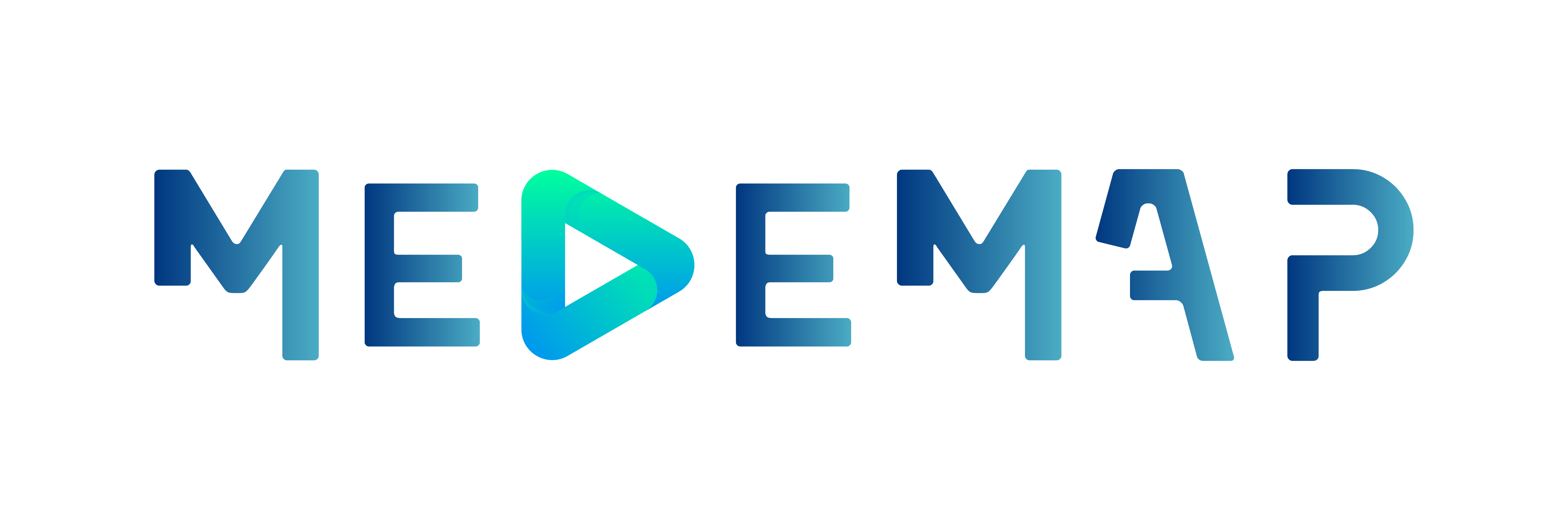A roundtable explored the crucial role of news media in shaping the future of democratic societies.

On September 18, MeDeMAP hosted a roundtable discussion titled “Reactivation: The News Media for Future Democracies.” The event brought together prominent experts from the fields of communication, technology, media, and democracy.
Supported by Jagiellonian University, where MeDeMAP’s fourth project meeting took place, this roundtable initiated a debate on the critical role of news media in shaping the future of democratic societies. The four speakers examined how the media can be reactivated and reinvigorated to support and strengthen democratic processes in an increasingly digital and complex world.
Josef Trappel (professor at the University of Salzburg) focused on the evolving media environment and its impact on democracy, highlighting the rise of disinformation. He emphasised the continuing popularity of traditional television and how investigative journalism, while crucial, is increasingly marginalised by political actors. Trappel also referred to findings from other European projects to underscore the decline in freedom of expression across 35 countries in 2023, and its deep implications for democracy.
Bartosz Węglarczyk (Chief Editor, onet.pl) discussed the intense political and legal pressures the media face in Poland. He expressed concerns about social media platforms that prioritise profits over journalistic integrity and the growing influence of tech giants like Google, Amazon, Facebook, and Apple (GAFA). Węglarczyk argued that while some audiences are willing to pay for quality journalism, small media outlets struggle to survive under these conditions. From his perspective, another challenge to the media’s survival—stemming from a lack of financial resources—is the difficulty of retaining talent and ensuring quality journalism.
The next speaker, Magdalena Chrzczonowicz, Chief Editor of OKO.press, shared her experience running a non-profit media outlet with a clear human rights approach. Initially focused on establishing a fact-checking platform, OKO.press gradually recognized the urgency of adopting a more human rights-oriented approach and exposing government propaganda as a way of promoting media literacy and enlightened citizenship. Despite limited resources, Chrzczonowicz stressed the importance of slow journalism, the media’s civic mission, and maintaining editorial freedom, which allows them to cover underrepresented topics from a human rights perspective.
Dominika Bychawska-Siniarska (Prague Civil Society Center/Institute of Law Studies/Polish Academy of Sciences) concluded the roundtable discussion. Bychawska-Siniarska, an experienced human rights lawyer working with the European Court of Human Rights and director of the Media Freedom Observatory at the Helsinki Foundation for Human Rights since 2008, emphasised the challenges faced by public media services, including financial and human resource constraints, as well as governmental pressures. These factors, she noted, affect transparency and pluralism. Bychawska-Siniarska also highlighted significant developments in recent years, such as the European Media Freedom Act, which aims to safeguard against political interference and surveillance, ensure stable funding for public service media, and promote transparency in media ownership and state advertising allocation. She also referenced the AI Act, which seeks to introduce a common regulatory and legal framework for artificial intelligence. Bychawska-Siniarska called for a restoration of media order, stressing the need for proper funding and the consistent implementation of regulations to ensure media independence, quality, and transparency.
Throughout the roundtable and subsequent discussion, participants emphasised the vital role media plays in sustaining democracy while acknowledging the formidable challenges, including political interference, financial instability, and the spread of disinformation.
